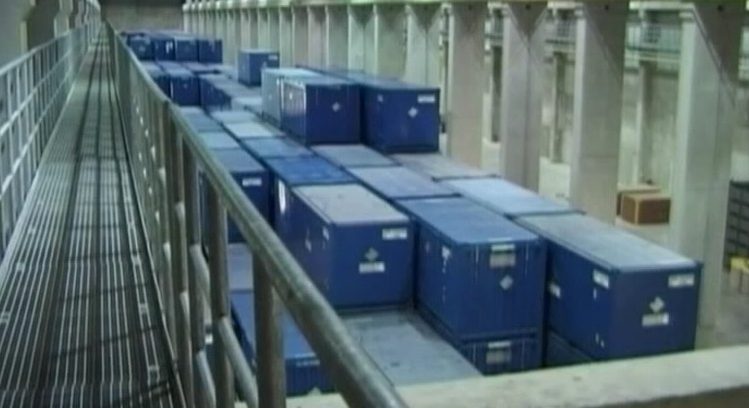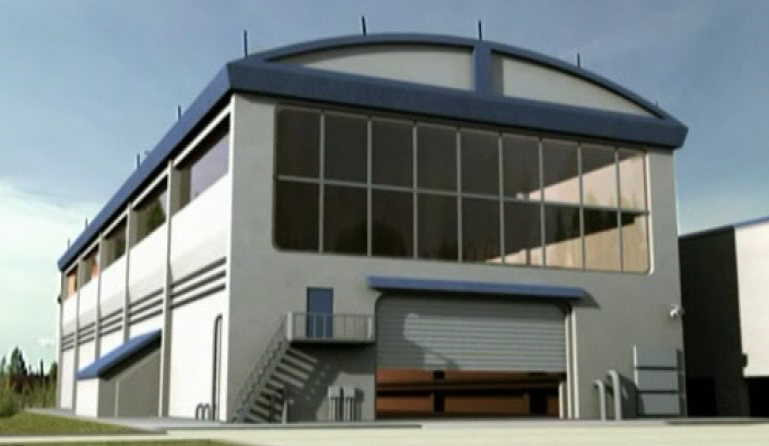4. International experience of decommissioning scenario choice
Swedish experience shows that society can obtain the most optimal results of decommissioning procedure and conditions if it delegates this task to an independent body. In Sweden it is the Swedish Environmental Court.
In such cases an independent organization takes decisions, which are completely in tune with main societal values and norms. If the decisions are taken by organizations closely tied to the technological complex, they, in most cases, will be based on values and norms of the technocratic community.
In our case it is the nuclear industry. The money deposited on a bank account of the decommissioning fund keeps growing, i.e. it brings revenues before the decommissioning
activities are started. In the Swedish case this interest on deposit is the revenue of power plant owners. For them (account owners) it is not profitable to start decommissioning until expenditures on servicing the shutdown reactor (fuel removal, dismantling, etc.) exceed the margin of revenues from keeping the fund money on the bank account.
At this point we should not forget how costly for the society such a delay can be. A delayed start of decommissioning can result in much higher costs for society. The prospect arises of necessary expenditures for which the NPP owners are not responsible.
In the case of Swedish Studsvik reactors the Swedish Environmental Court prescribed that the owners should start the decommissioning immediately after the reactors are taken out of operation, because in case of a delay the society would be forced to take much larger expenditures.
The unavailability of the final RW repository necessary for the decommissioning of Studsvik and Barsebek reactors was the main reason for the dismantling delay, for which the reactor owners appealed in the court of justice.
The court ruled that the stated reason did not justify the delay of actual decommissioning of Studsvik reactor.
The court also stated that the decommissioning of research reactor in Studsvik immediately after its shutdown should enable to use the experience and expertise of Studsvik operating personnel.


In this topic, the stages and possible scenarios of decommissioning nuclear power plants are examined.
Lectures on this topic:
- 1. Objectives and stages of decommissioning nuclear power plant
- 02. Stage 2. Conservation under surveillance
- 03. Stage3. Decommissioning
- 04. International experience of decommissioning scenario choice
- 05. International experience of decision
TOPIC OF COURSE
- Topic 01. Current condition of nuclear energy
- Topic 02. Legislation in the US and in Russia
- Topic 03. International law in the sphere of decommissioning
- Topic 04. Role of the national regulators in the decommissioning process
- Topic 05. Possible approaches and scenarios of decommissioning
- Topic 06. Existing experience of decommissioning
- Topic 07. Strategy for handling radioactive waste (RW) and spent nuclear fuel (SNF) USA experience
- Topic 08. Strategy for handling RW and SNF Russian experience & other countries
- Topic 09. Social aspects of decommissioning
- Topic 10. International and inter-regional cooperation for safe decommissioning